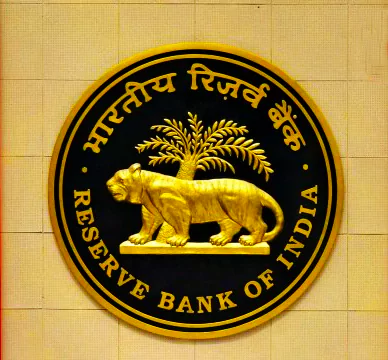![]() 2 Jul 2024
2 Jul 2024
The Reserve Bank of India (RBI) has signed an agreement with the ASEAN nations to join Project Nexus.
 First in Payments Area: It is the first Bank for International Settlements (BIS) Innovation Hub project in the payments area to move towards live implementation.
First in Payments Area: It is the first Bank for International Settlements (BIS) Innovation Hub project in the payments area to move towards live implementation.
Bank for International Settlements (BIS)
|
|---|
<div class="new-fform">
</div>